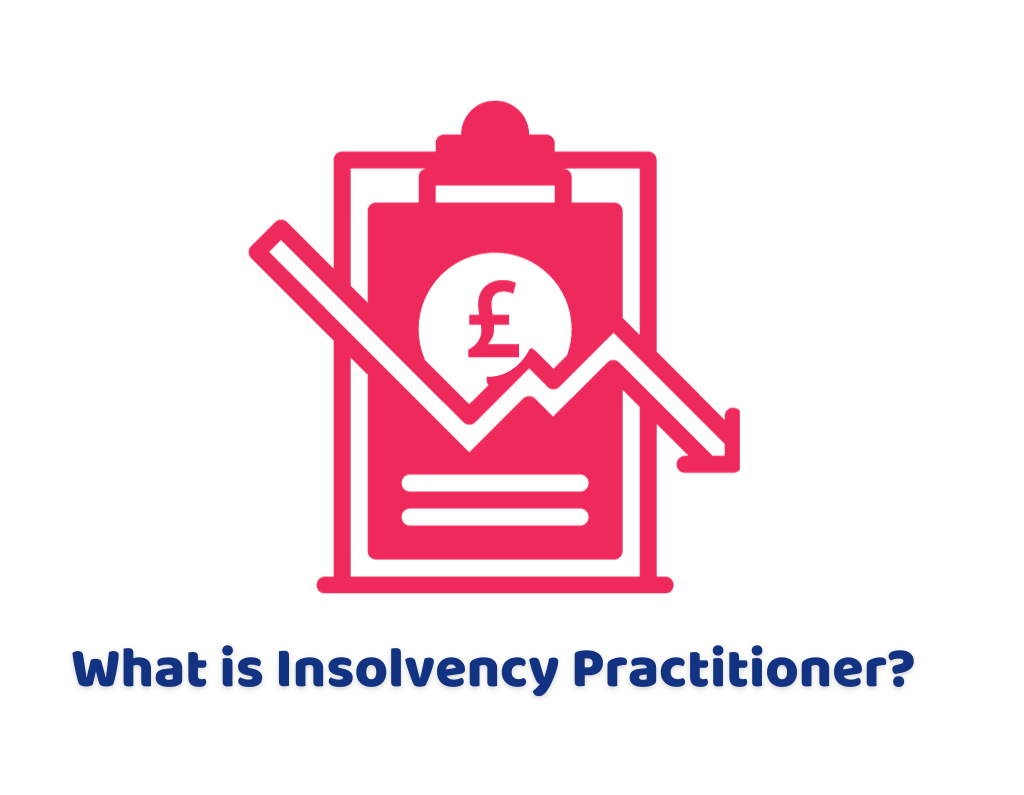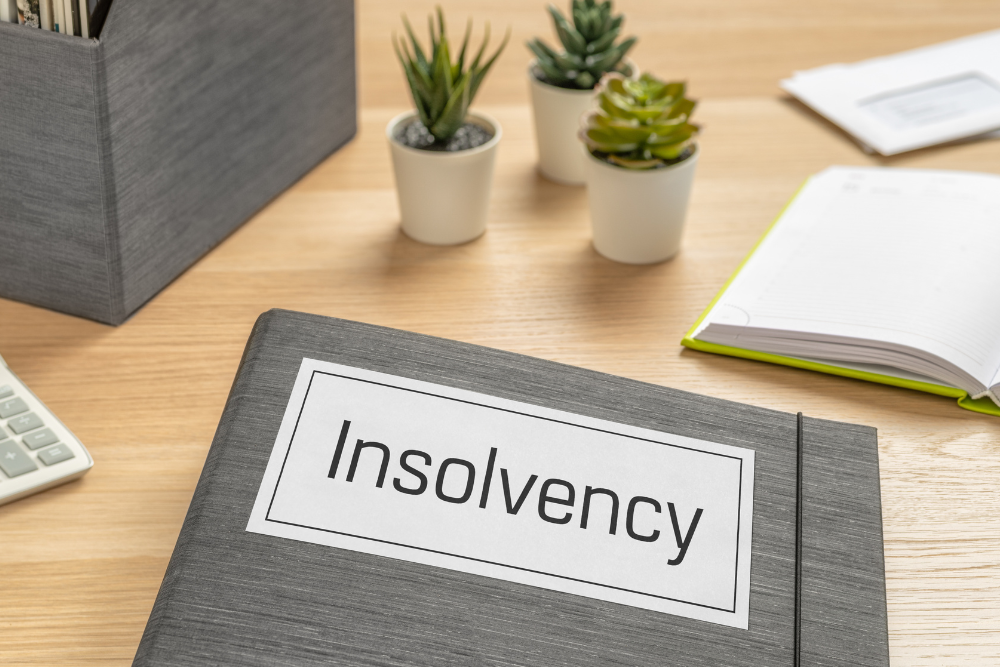9 Easy Facts About Insolvency Practitioner Described
Table of ContentsThe Facts About Insolvency Practitioner UncoveredThe Definitive Guide to Insolvency PractitionerAbout Insolvency PractitionerInsolvency Practitioner for BeginnersInsolvency Practitioner Fundamentals Explained
Whether you require to use an insolvency professional (IP) to liquidate your company depends upon different variables. While involving an insolvency specialist for all forms of liquidation is not a legal demand, doing so can often streamline the process and make certain compliance with legal demands. Liquidating a business is a critical decision that comes with considerable effects.

It is a procedure used when a company does not have any creditors, or all of their creditors can be settled completely with legal rate of interest. Recognizing the various kinds of insolvency processes can aid you determine the finest training course of activity for your firm's liquidation or various other formal insolvency procedures itself.
This is mandatory in order to abide by lawful requirements - Insolvency Practitioner. This is due to the fact that IPs have the essential certifications and experience to make sure that the liquidation process is performed in conformity with all applicable laws and laws. By involving a certified bankruptcy practitioner, you can have satisfaction knowing that your business's liquidation process will certainly be dealt with expertly and in conformity with the appropriate legal requirements
All About Insolvency Practitioner
The bankruptcy specialist is designated as a liquidator and is liable for managing the firm and liquidator's financial obligations outstanding obligations and possessions. This process entails selling off the business's properties and dispersing the proceeds to creditors. Upon conclusion of the procedure, the firm is eliminated from the register at Firms House.
Falling short to do so can result in personal obligation for the company or director for the financial institution's financial obligations. Voluntary liquidation, that includes Creditors' Voluntary Liquidation (CVL) and Members' Voluntary Liquidation (MVL), is initiated by the business's directors and shareholders when they can no more pay their financial debts. In a CVL, the bankruptcy practitioner is designated as the liquidator, responsible for taking care of business financial obligations and all firm assets.

The Only Guide to Insolvency Practitioner
By examining the competence and experience of potential bankruptcy professionals, you can ensure that you select a practitioner that possesses the necessary qualifications to handle your company's liquidation procedure properly. While bankruptcy practitioner-led liquidation is usually one of the most appropriate strategy for business facing bankruptcy, there are alternative approaches to take into consideration, such as striking off and partial liquidation.
It's vital to review all readily available choices before determining on the next ideal solution or course of action for your organization. Striking off companies' signs up is a more straightforward and affordable way to shut inactive or small firms without any financial debts or assets. To strike off a business, its name is removed from the Firms House register by submitting Homepage type DS01.
Prior to selecting striking off, it's vital to consider the advantages and downsides of this technique and think about whether it's check my site the appropriate choice for your business. Partial liquidation is another choice to insolvency practitioner-led liquidation, in which a company sells off particular assets and obligations while remaining to run with the staying assets and liabilities.
A Bankruptcy Specialist will have the ability to encourage you of the most effective strategy to take and make certain that every little thing runs efficiently. Sadly, it is not possible to sell off a firm without a liquidator. Designating an authorised insolvency practitioner is necessary for the procedure of volunteer liquidation to begin.
The Main Principles Of Insolvency Practitioner
It is possible to shut and liquidate your business without using a liquidator, given your firm is solvent and you satisfy the eligibility needs to dissolve or liquidate it. If your company is bankrupt, you may be required to make use of a liquidator and begin formal bankruptcy procedures. Here are a few other interesting articles pertaining to company liquidation in the UK:.
Remaining in a placement where you're unable to pay your firm's lenders is incredibly difficult. In an effort to stay clear of increasing the level of debt, many business attempt to negotiate straight with their financial institutions and agree to a casual arrangement. If the financial obligation is quite tiny and owed to one financial institution, and the creditor is being participating, becoming part of an casual debt arrangement is possibly the very best remedy, instead than searching the web for 'a bankruptcy specialist near me'.
On the various other hand, if there are multiple creditors and the degree of debt is huge, creditors may not be so eager or cooperative. To avoid liquidation or personal bankruptcy, it is far better to hire an insolvency specialist to prepare official propositions and negotiate with financial institutions in your place.
Some Known Details About Insolvency Practitioner
Whilst it is a method to handle debt, there are Website substantial threats included with this kind of debt setup - Insolvency Practitioner. If a financial institution wants to become part of an informal setup (IA) where the debtor has actually accepted make regular, if reduced, settlements to settle the financial debt, it is essential to stick to the arrangement

As a result, the lender is within their legal rights to back out of the agreement and application the courts for your firm to be sold off at any moment. A formal setup that has been proposed by a bankruptcy professional on your behalf, and concurred by a lender, provides a much more secure alternative.
Comments on “The 5-Minute Rule for Insolvency Practitioner”